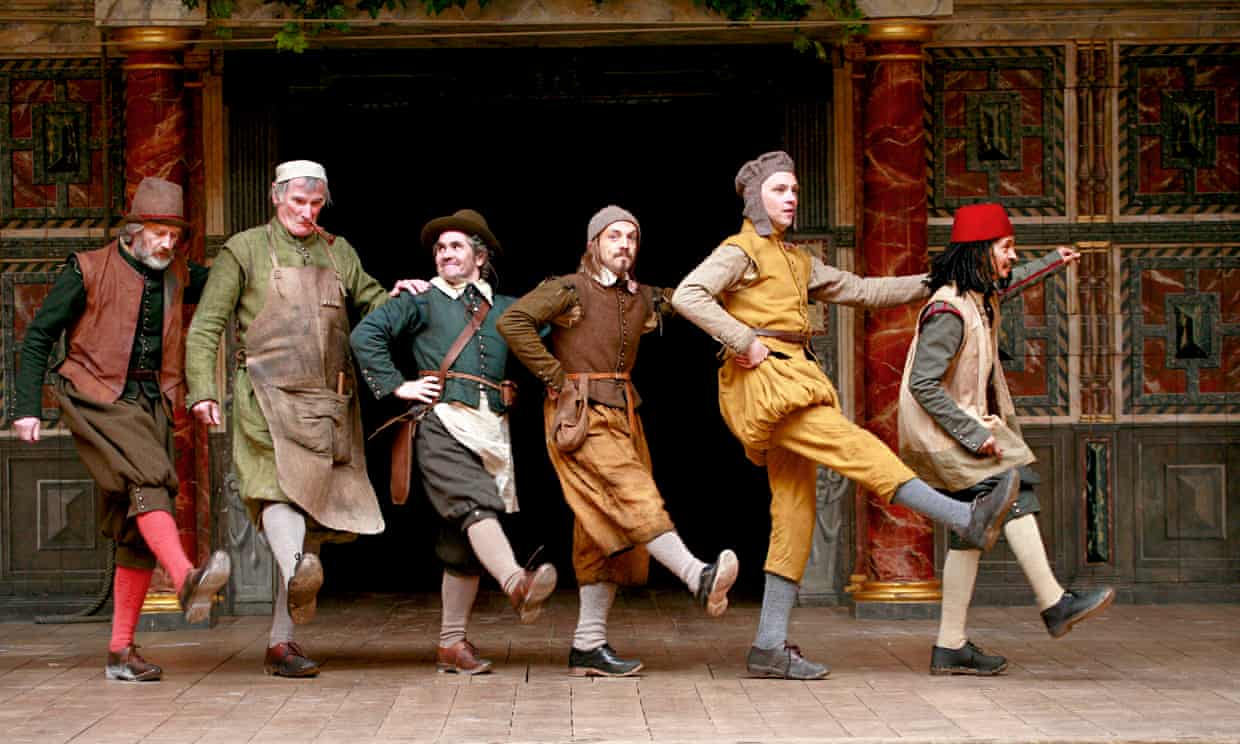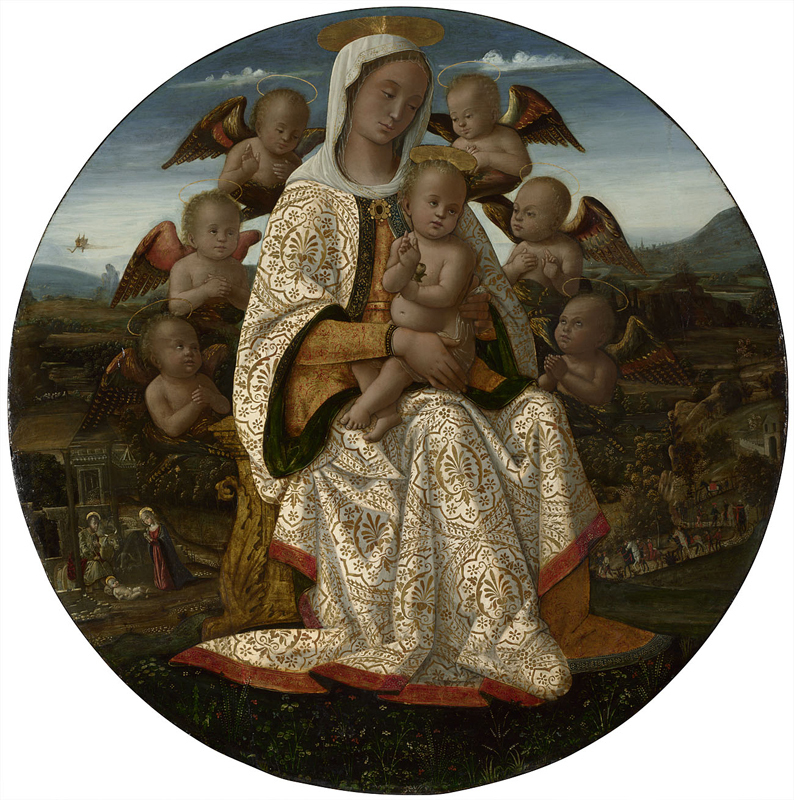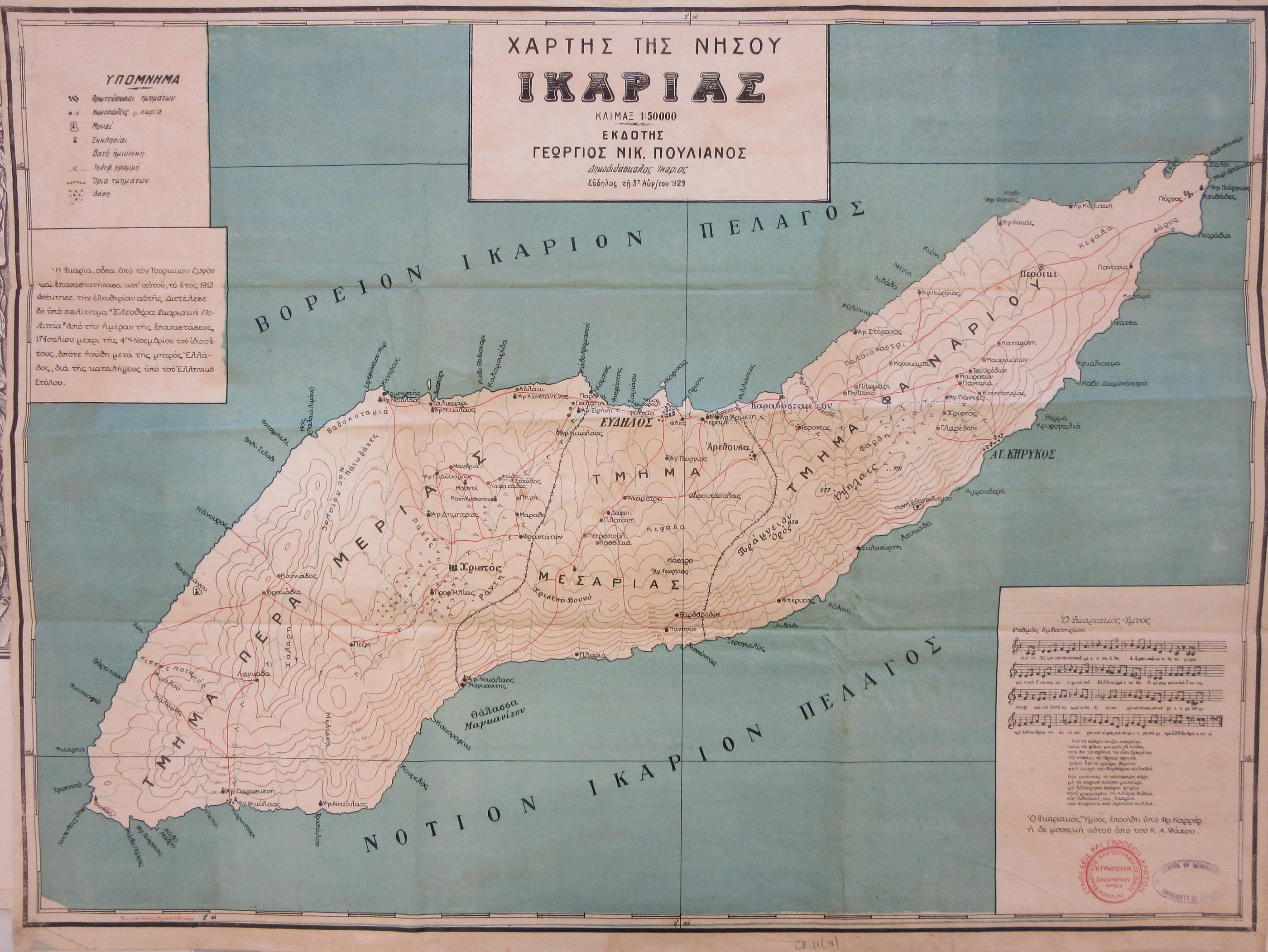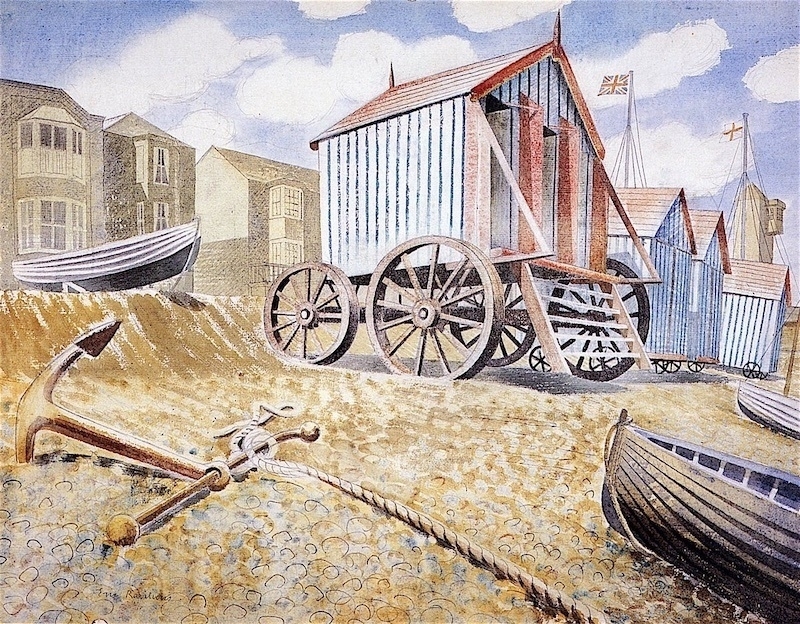Comedy This Morning


Comedy … is not only possible within a Christian society, but capable of a much greater breadth and depth than classical comedy. Greater in breadth because classical comedy is based upon a division of mankind into two classes, those who have arete [excellence] and those who do not, and only the second class, fools, shameless rascals, slaves, are fit subjects for comedy. But Christian comedy is based upon the belief that all men are sinners; no one, therefore, whatever his rank or talents, can claim immunity from the comic exposure and, indeed, the more virtuous, in the Greek sense, a man is, the more he realizes that he deserves to be exposed. Greater in depth because, while classical comedy believes that rascals should get the drubbing they deserve, Christian comedy believes that we are forbidden to judge others and that it is our duty to forgive each other. In classical comedy the characters are exposed and punished: when the curtain falls, the audience is laughing and those on stage are in tears. In Christian comedy the characters are exposed and forgiven: when the curtain falls, the audience and the characters are laughing together.


When Bernardino Cristofano di Nicholo d’Antonio di Pietro da Fonghaia — AKA Bernadino Fungai — painted a Virgin with Child, he clothed Mary in a sumptuous robe gilded and woven in a pattern used in his native Siena. Virgin and Child here seem little more than mannequins – the robe is the star of the show.
I wrote about C. S. Lewis’s idea of books as toys and my buddy Austin Kleon picked up that ball and ran with it. Austin also wrote about hunters and farmers and pirate gardeners. For some reason, this reminds me of something I wrote a year ago about blogging as like building the Watts Towers.

In 1912 the Aegean island of Ikaria — named, it is said, after Icarus — decided to shrug off Ottoman tyranny and declare itself an independent nation, with its own flag, its own national anthem, and its own postage stamps.

Eric Ravilious again — I can’t get enough.